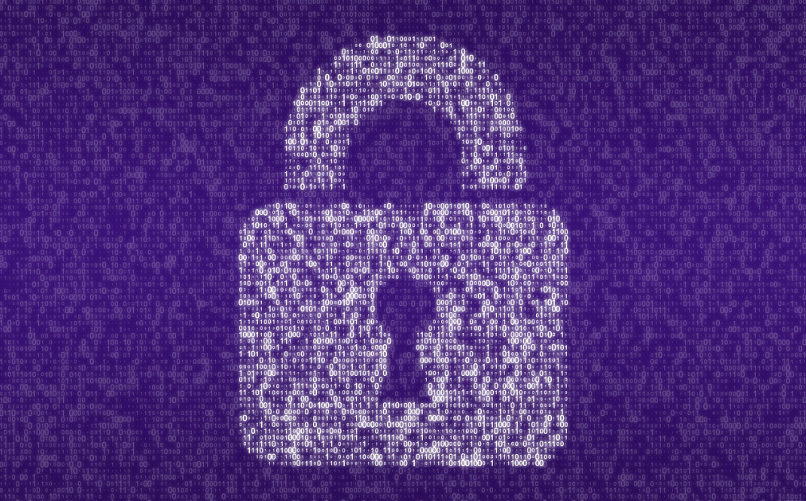Meta Introduces Default End-to-End Encryption on Messenger

In a landmark privacy move, Meta has announced the rollout of default end-to-end encryption for personal chats and calls on Messenger, marking a significant stride in digital privacy. As articulated by Loredana Crisan, Head of Messenger, this update ushers in a new era where user communications are shielded from external access — including by Meta itself.
Messenger has offered optional end-to-end encryption since 2016, but the latest development makes it the default, reflecting Meta's heightened commitment to privacy. "This transformation wasn't overnight; it's the result of years of meticulous engineering and collaboration with privacy experts and policymakers," Crisan stated.
The implementation employs advanced cryptographic principles, including the renowned Signal Protocol and Meta's unique Labyrinth Protocol. This cryptographic blend ensures that messages remain confidential from the moment they leave the sender's device until they reach the intended recipient.
Labyrinth — a novel encrypted message storage protocol — provides a solution for storing messages on servers while maintaining stringent privacy. This innovative approach allows users to restore their message history on new devices using a recovery PIN, a significant leap in secure data management.
In addition to bolstered security, the update introduces the ability to edit messages, higher-quality media sharing, disappearing messages, and read receipt controls.
However, Meta’s advancement is not without its challenges. The move has reignited debates around privacy and law enforcement's ability to investigate criminal activities. A campaign by the U.K. government in September 2023 highlighted concerns that E2E encryption could hinder efforts to combat online child abuse.
While acknowledging these concerns, Meta maintains that data security is paramount. CEO Mark Zuckerberg noted that this update is a critical step towards Meta’s goal of providing a privacy-oriented social network, emphasizing: "This is more than an update; it's a commitment to our users' privacy."
As Meta progresses with the rollout, the global Messenger community can expect a gradual transition to default end-to-end encryption. As per Meta's timeline, this process will span several months to provide seamless integration for over a billion users.
Meta's decisive move towards default end-to-end encryption is a significant milestone in the digital communication landscape. It reinforces the importance of user privacy and sets a new standard for other platforms to follow. As the digital world evolves, such proactive measures in safeguarding user data become increasingly vital, heralding a future where privacy and security go hand-in-hand.



Please, comment on how to improve this article. Your feedback matters!